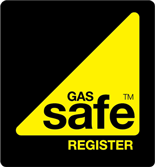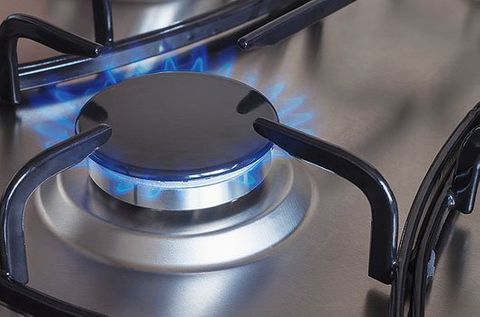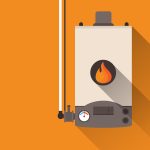Regular gas checks protect your household and keep every gas appliance running smoothly. A gas safety inspection can detect small issues before they escalate, helping you avoid costly repairs. This blog covers the importance of frequent reviews, the steps involved, and ways to ensure peace of mind. By staying informed, you help safeguard both your property and loved ones.
Why Are Gas Safety Inspections Essential?
Gas safety inspections lower the chance of unexpected hazards. Leaks can lead to fires or serious health concerns, while faulty components might disrupt daily life. A gas-safe inspection checks that every appliance follows safety rules and works properly. This practice helps with legal compliance. Homeowners and landlords can then hold a valid gas safety certificate, which you can read more about here.
A certified gas engineer will look at equipment such as boilers, fires, hobs, ovens, and wall heaters for signs of wear or hidden damage. The engineer checks connections, ventilation, and carbon monoxide levels. These steps help limit threats that may affect you or your family. Regular domestic gas inspections assist with early fault detection, which can reduce repair bills over time.
Routine checks benefit property owners who want to maintain safe living conditions. A Home gas safety check is a practical way to reduce stress and avoid unpleasant surprises. By scheduling annual reviews, you help ensure stable system performance and a healthier indoor setting.

Key Benefits of Regular Gas Safe Inspections
A regular gas safe inspection brings many rewards. It supports safety, reduces the risk of breakdowns, and helps you manage expenses. Early fault detection spares you the cost and hassle of larger repairs and emergency breakdown costs. These benefits give you peace of mind and keep your home energy usage in check.
Ensuring Family Safety
Your family’s wellbeing rests on a reliable gas system. A domestic gas inspection can detect a gas leak before it creates a dangerous situation. An unchecked leak may result in fires or severe harm, so spotting it early is crucial. Inspections also lower carbon monoxide risk, which can cause serious illness. A certified gas engineer uses tools that uncover hidden issues, helping you protect your loved ones.
Maintaining Appliance Efficiency
Gas appliance servicing helps each unit function as intended, saving you money on energy bills. An appliance with a clean burn uses less fuel, which limits costs over time. Inspections catch worn parts that affect performance, so minor fixes prevent bigger headaches. These checks also preserve components, which can help your appliances last longer.
What Does a Gas Inspection Involve?
A home gas safety check tests vital components to confirm safe performance. A certified gas engineer reviews burners, seals, and regulators. Pipes receive careful attention, helping to spot minor flaws that might develop into leaks. Ventilation also matters, so the engineer verifies that air can flow properly around appliances.
If the engineer discovers anything faulty, they may suggest gas appliance servicing or part replacements. They also track carbon monoxide levels, which signals safe combustion. Gas leak detection measures reduce the chance of fire or toxic exposure. When everything meets guidelines, you will be issued a gas safety certificate. Accurate records help you remember inspection dates and ensure your system remains safe and efficient.
How Often Should You Schedule a Gas Inspection?
An annual gas safety inspection is recommended for most homeowners. A yearly check helps uncover problems before they grow into bigger issues. Landlords must arrange inspections every 12 months to stay compliant and protect tenants. If you have old appliances or hear strange sounds or smells, schedule a review ASAP.
Frequent checks bring comfort and help you manage costs. An inspection often reveals tiny flaws that might cause higher bills or breakdowns. By planning routine visits, you make sure each gas fixture works correctly. You also help ensure that your property remains in good standing with safety regulations.
The Risks of Skipping Regular Gas Inspections
Skipping a gas safe inspection can raise the odds of serious threats. Weak connections or damaged parts can create gas leaks, which may lead to fires or explosions. These problems also increase repair costs if they stay hidden for too long. If a carbon monoxide leak forms, your household faces a hidden hazard that might go undetected until severe harm happens.
Insurance claims could be harder to process if companies learn about missed inspections. Landlords who neglect these checks may face legal consequences and put tenants in danger. Skipped inspections often lead to less efficient appliances, which drive up utility bills.
Some homeowners assume an inspection is unnecessary if appliances seem fine. Yet internal wear can exist without clear warning signs. Regular checks keep you informed, so you can plan repairs or upgrades when needed. Routine reviews reduce breakdowns, maintain your property’s value, and improve your daily life.
Understanding Carbon Monoxide Risks
Carbon monoxide is an odorless gas that forms when fuel does not burn completely. Exposure can cause headaches, dizziness, or even life-threatening outcomes. Without proper ventilation, this gas accumulates and harms anyone inside the home. A Home gas safety check aims to spot poor combustion or airflow issues. With ongoing reviews and detectors in place, you can help prevent tragic incidents.
How to Choose a Certified Gas Engineer
Pick a certified gas engineer who holds Gas Safe registration. This status confirms that the professional meets official requirements for safe work. You can verify this by checking the Gas Safe Register or asking the engineer to show valid identification. A quick online search can also uncover reviews from other clients, helping you find a reliable option.
Compare quotes, but look beyond pricing. Skilled work often prevents repeat visits, so an experienced engineer may offer better long-term value. Ask if they have handled similar issues to yours, so you know they can tackle your system needs. Good communication is also important: a clear explanation of required tasks shows the engineer’s commitment to thorough service.
Professional ethics matter. A trustworthy expert will explain each step honestly and address your concerns. Paying attention to these factors helps you select a partner who can keep your appliances safe and functional.
Gas Safety Tips for Homeowners
Simple actions help maintain secure conditions at home. Keep your gas appliances free of dust and clutter to ensure good airflow. If you see warning signs like soot stains or odd-smelling fumes, call a Gas Safe engineer to inspect the appliance as there may be issues with it that need rectifying quickly. A sudden rise in heating costs may mean an appliance is running poorly.
Install carbon monoxide alarms in your home and test them often. If these alarms go off or you smell gas, open windows, switch off equipment, and call a certified gas engineer. Do not flip electrical switches, as this can cause sparks. Check your boiler’s pressure gauge each month to catch any unusual changes. These precautions keep you safer and help prolong your system’s life.
Trust Kerry Maintenance for Your Gas Safety Needs
At Kerry Maintenance, we understand that regular gas inspections are vital for safeguarding your property, health, and finances. Our team of certified Gas Safe engineers will inspect your appliances. This will help prevent leaks, reduce carbon monoxide risks, and ensure efficiency.
With Kerry Maintenance, you can schedule routine checks with ease, ensuring compliance with safety regulations and extending the lifespan of your systems. Our annual reminders mean you don’t have to worry about forgetting you next check either. Choose us for reliable, professional service that prioritises your peace of mind and keeps your home safe year-round. We are here when ever you need us.
Contact us today for reliable, professional service and peace of mind.







